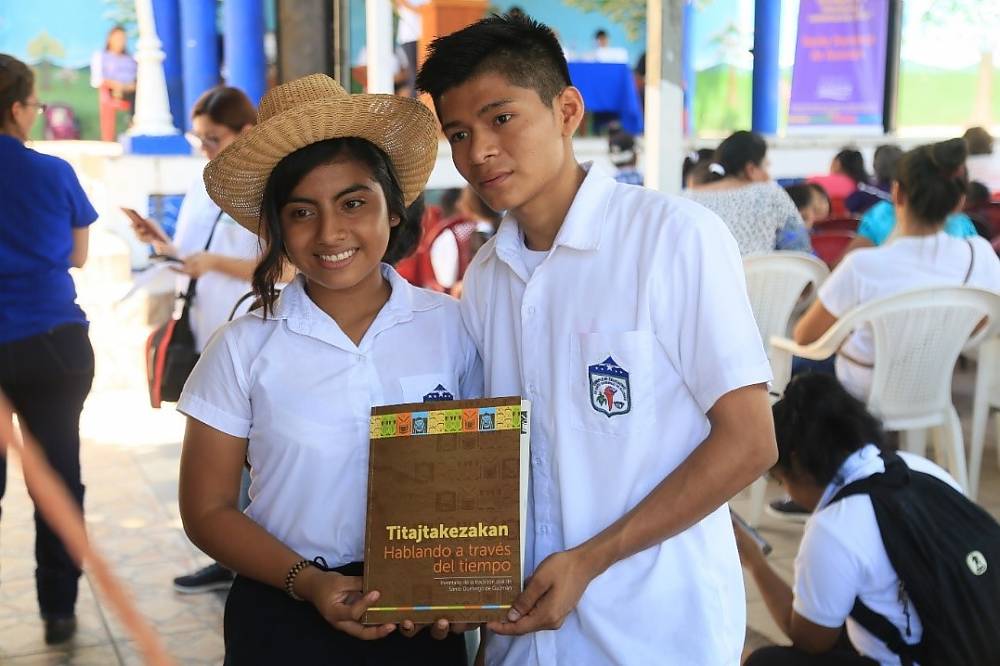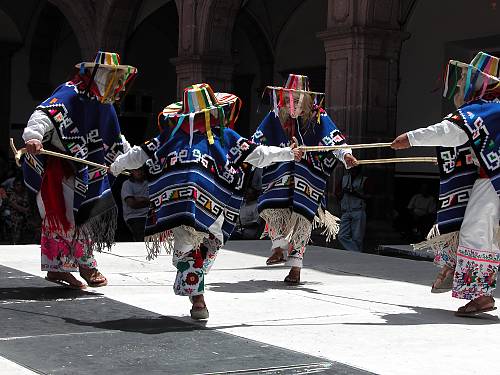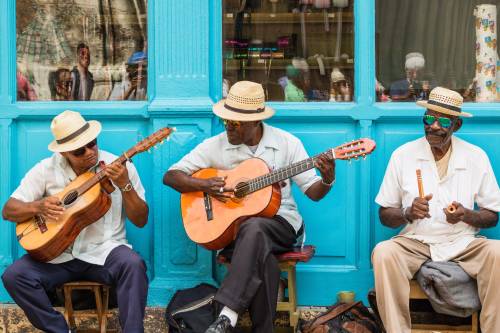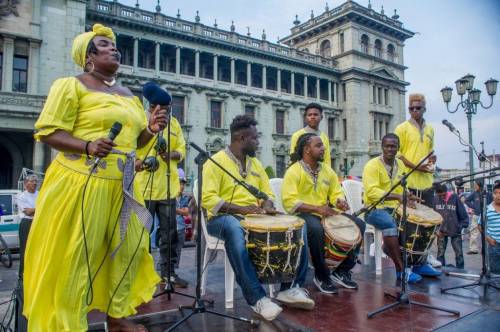From February 2017 to August 2018, 25 Náhuat youth from El Salvador, aged between 15 to 17 years old, participated in an inventorying exercise to safeguard their oral traditions. The project entitled ‘Titajtakezakan. Speaking across time, oral tradition and use of information and communication technologies’ was organized by the Ministry of Culture of El Salvador and financed by the UNESCO Intangible Cultural Heritage Fund.
Náhuat oral traditions have come under threat by a lack of interest among youth and a decline in intergenerational transmission. Náhuat is the only indigenous language in El Salvador and spoken today by just over 200 people. As a vehicle of intangible cultural heritage, the loss of this language represents the loss of a complex and valuable system of knowledge for understanding the world.
As part of the project, youth from the Educational Complex of Santo Domingo de Guzmán were trained in community-based inventorying methodology, using new information and communication technologies. Following an community-based approach tailored for primary and secondary school students, the main outcome of the project was the publication on the Náhuat’s oral traditions in Santo Domingo de Guzman, entitled ‘Titajtakezakan. Speaking through time. Inventory of oral traditions of Santo Domingo de Guzmán’ (in Spanish and Náhuat only).
At the local level, this educational project strengthened teachers’ commitment and raised awareness among youth about the importance of safeguarding their intangible cultural heritage. The project was well appreciated at the community level and is expected to be replicated in other Náhuat communities across the country. The Ministry of Education of El Salvador will pursue further work on the school curricula to integrate the safeguarding of intangible cultural heritage into primary and secondary school education.




